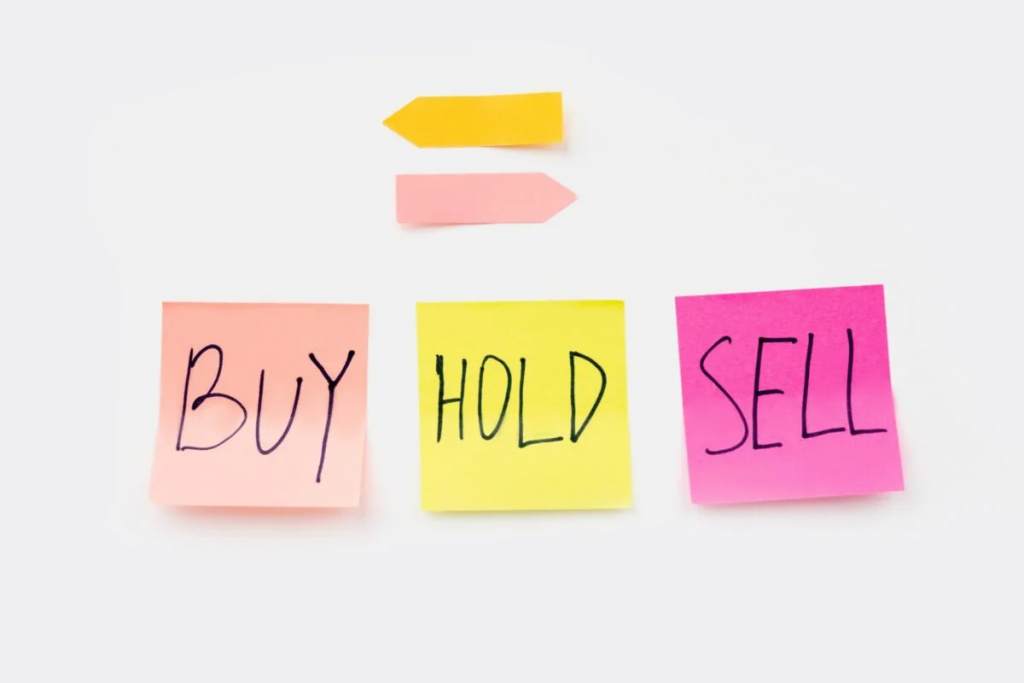Well-weighted financial decisions require a lot of experience and knowledge. Yet, even the most intelligent individual will make better financial decisions with some assistance.
There are a ton of impressive apps online, some using old technology, others opting for AI. If you’re overwhelmed, here’s something to help you choose the most suitable financial assistant app and improve your net worth.

How Financial Decisions Influence Your Life
Financial decisions can be divided into two categories: personal and business. While both are equally important, they’re actually very firmly tied to one another. This link becomes more prominent, especially if you’re a small business owner. Either way, any financial decision you make about your personal life or business matters.
That said, good financial decisions will always work in your favor. They will maximize your wealth while minimizing your losses. They are always in line with your goals and objectives. However, bad financial decisions can cause minor to significant losses for you and your company. They’re usually made impulsively, without a second thought or weighing risks.
Basis Of Good Financial Decisions
The best financial decisions start with a stable financial state. Financial stability improves your options when you need to make good financial decisions. Moreover, being able to save money is a perfect first step to working on your business and budget without further assistance. You can also:
- Create a budget. You won’t be able to manage your finances without a proper budget. There’s an array of budget types you can try out nowadays, and you’ll find the most suitable one for yourself. The most popular ones are the 50/30/20, zero-based and activity-based budgets.
- Avoid debt. This goes out for student loans, credit card debt, and others. The truth is, how can you save more money and invest in yourself while you’re paying interest every month? To pay off debt, you can try using a snowball method, where you start eliminating small ones first.
- Set up an emergency fund. An emergency fund will be your first resort when you’re in financial trouble. Your emergency fund is recommended to be the size of three to six months of your usual income.
- Stick to your financial goals. Whether you’re hoping to grow your business or expand your network, consistently implement your goals in your financial decisions. Don’t get distracted along the way; you’ll see results quickly.
- Find more options to make money. Whether you’re an everyday person or a business owner, little free time is left for side hustles. Everyone is busy all the time in this day and age. Therefore, freelancing, investing, and microtasking can quickly broaden your monthly budget. Write paid reviews, play games or create content for under an hour daily. As your business grows, you can use a sales pipeline management software to manage your projects.

Seeking Financial Assistance
There’s more to making good financial decisions, though. For instance, a financial assistance app on your smartphone can be of fantastic help. First, banking and personal finance applications make managing money and budgeting easier. Secondly, they save you time thanks to automatization. Ultimately, the best-suitable app will help you streamline any financial processes you want. That will optimize your workflow and make it as convenient as possible to you.
Now, how does one pick a good financial assistance app? There are so many of them that choosing one can be arduous. Well, let’s dive deeper into five key factors that’ll help you download a perfect application or two. The comprehension of the below factors will significantly facilitate your financial procedures.
1. Focus On Your Personal Goal
Think of the goal you have regarding your finances. Would you like to save some money? Do you want to start investing? Maybe, your goal is just to adapt to a new budget. For each one, you’ll be able to pick a different app. It’ll help you focus on your personal goal and note your progress.
2. Compare Your Needs To The App Features
Banking, investment, and personal finance apps all vary in features. So, depending on your goal, you’ll have to determine your main needs. These can be:
- budgeting;
- saving money;
- creating an emergency fund;
- broadening your investment portfolio;
- automating your bank payments;
- paying off debt;
- tracking your net worth;
- receiving payments for the services/products your business provides;
- managing financial goals, and more.
See if you can find an app to help you simultaneously tackle several wants and needs. If not, consider adapting to two applications responsible for different goals.
3. Study The App’s Security Measures
Now that we’ve covered the easiest steps, it’s time to consider personal security. Whether you plan to use a banking or personal finance app, they all contain your sensitive personal information. To hide it from hackers and protect it from theft, all the apps you use have to offer you proper security measures.
For example, your financial assistance application has to make you set up a separate account, where all your personal information is stored. Some apps offer multi-factor authentication, too. When you log into the system, you must enter your PIN code or password and then pass an additional form of identification. It can be done through your mobile phone, email, or Face ID. This way, the app can quickly verify if it’s actually you logging in and not some kind of thief that stole your information.
But that’s definitely not all. Any financial application should have data encryption to make sure that cybercriminals can’t use your account. The latter are always eager to find unprotected accounts and take control of your devices. After that, all your information, like bank accounts, credit cards, name, and address, is in the palm of your hand.
If a financial assistance application doesn’t offer at least one of those measures, it’s recommended to skip it.
4. Consider The Cost
Are you working with a smaller budget? Then, compare the prices of apps you’re using for personal finance. Of course, you’ll have to pay to download some apps, while others require a monthly or a yearly fee. Yet, don’t forget that plenty of free apps can easily offer the same services like investing, budgeting, and banking.
Thankfully, many paid apps have trial periods. After using the app for two weeks, you’ll be able to see if it’s worth buying and using. Ensure your financial app’s cost is not eating up your monthly budget but maximizing your wealth.
5. Read User Reviews
Considering you still can’t choose just one or two, go into user ratings and reviews. Of course, the application bio will motivate you to purchase the app. Yet, there’s nothing easier than reading what other real people wrote without bias. Some of them will have similar requests and goals, helping you determine if it’s an app for you. Also, look for apps that have a rating of over four stars.
Conclusion
There are many critical factors to choosing your perfect financial assistance app. The most reliable and useful ones are good at their security measures and offer many unique features. They will also align with your financial goals and fit your budget.
Lastly, opt for two apps if you can’t choose only one. You can benefit from using both, especially if they’re responsible for entirely different things regarding your financial journey, like business and personal.























Leave a comment!